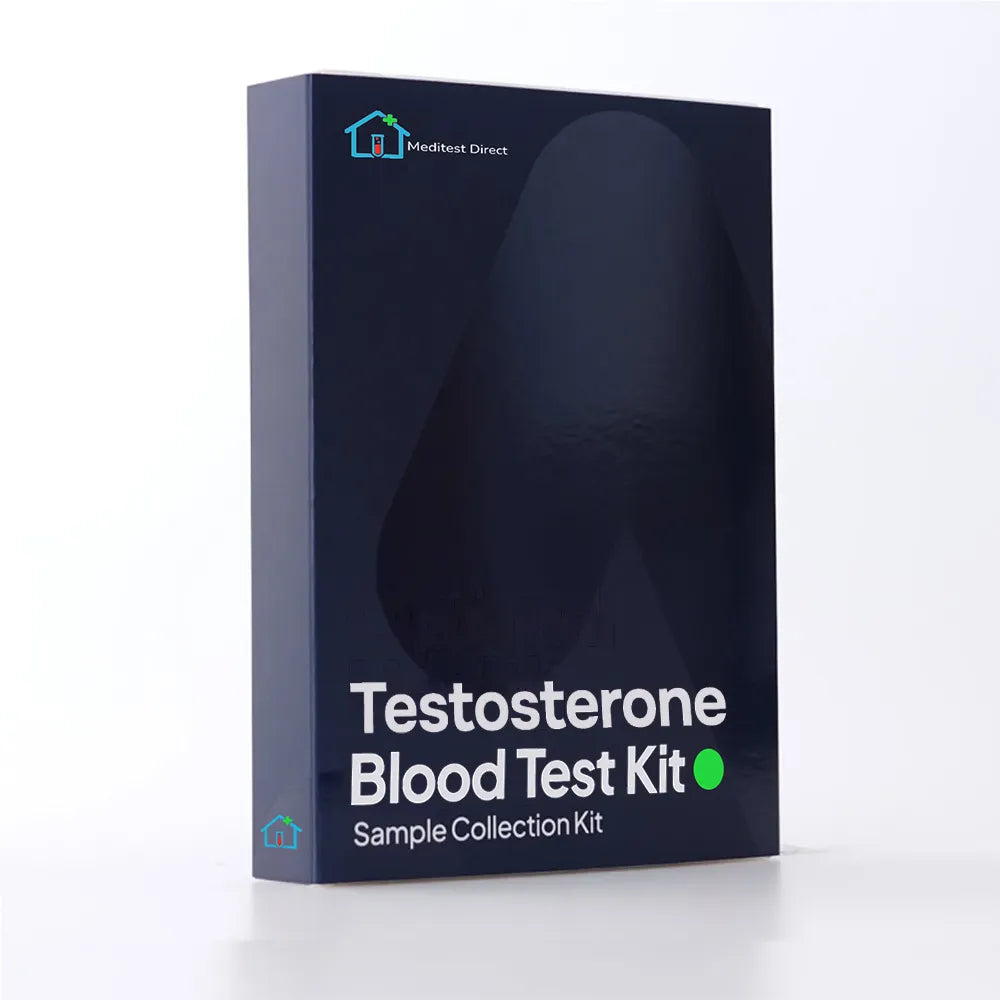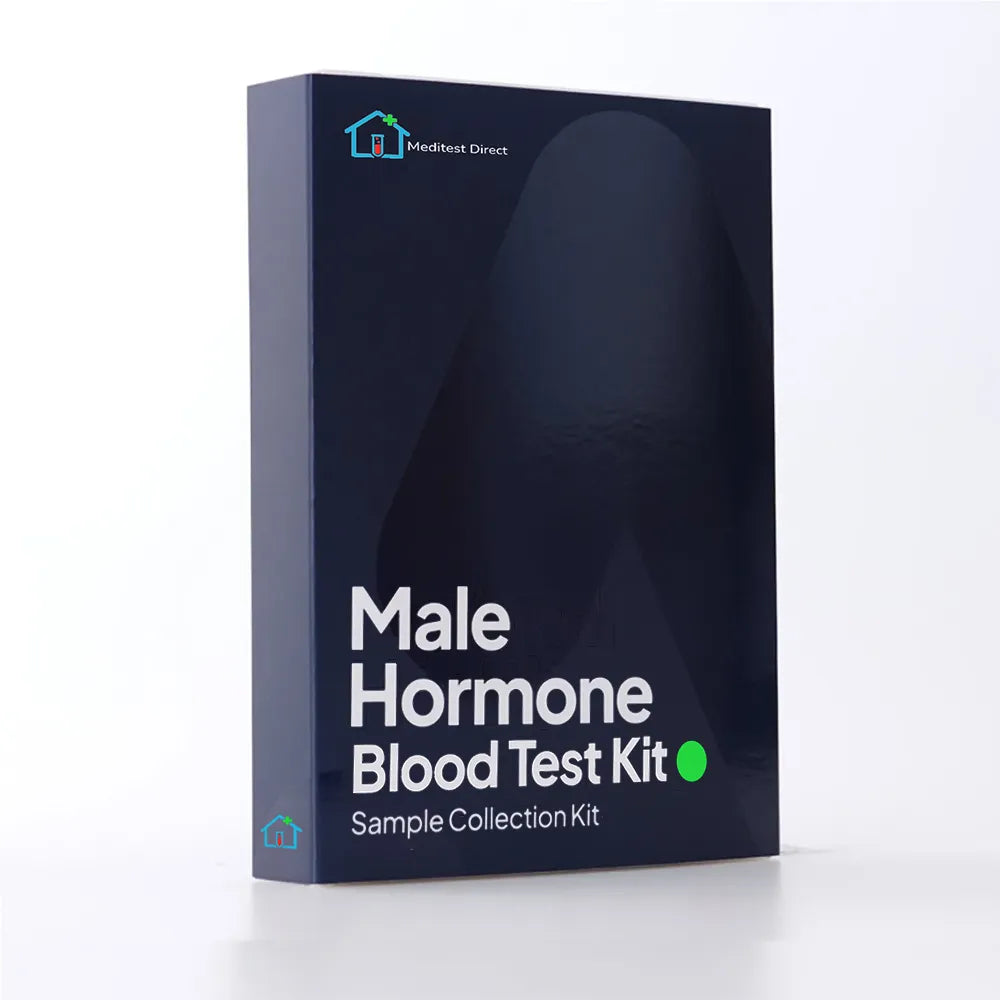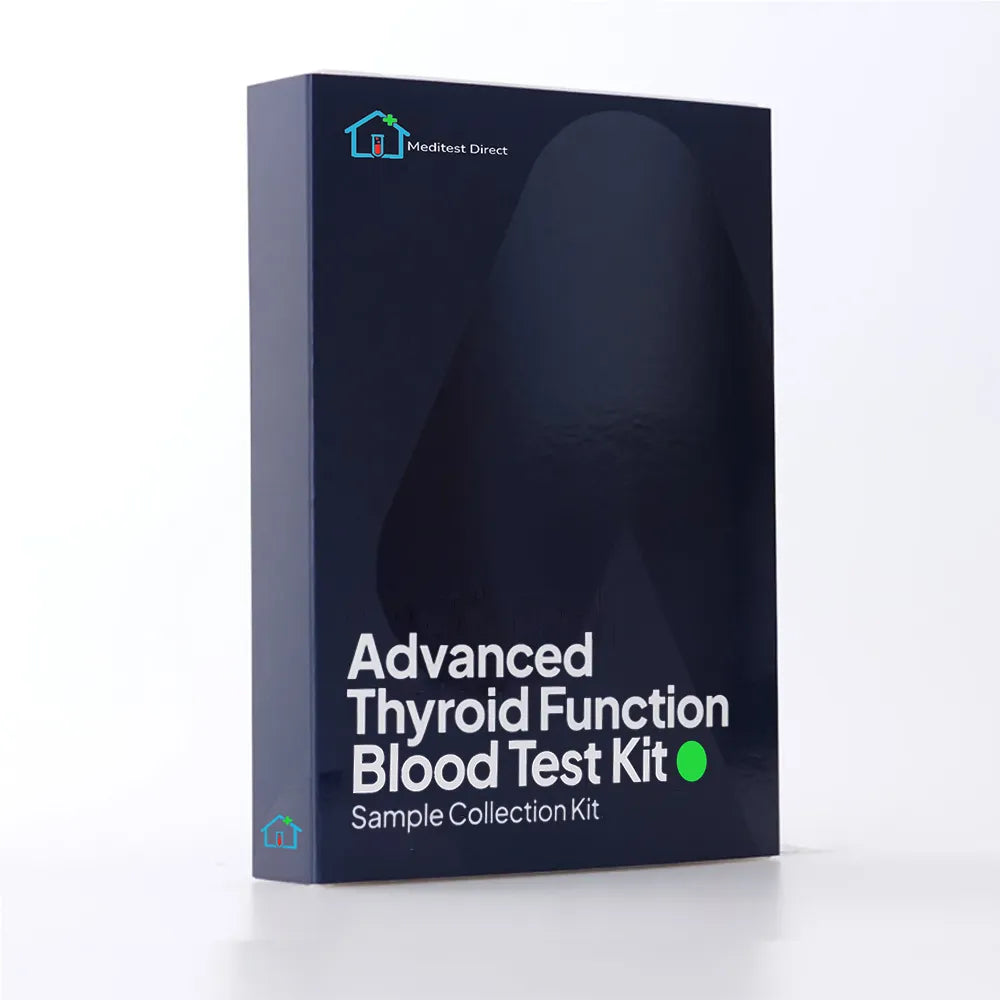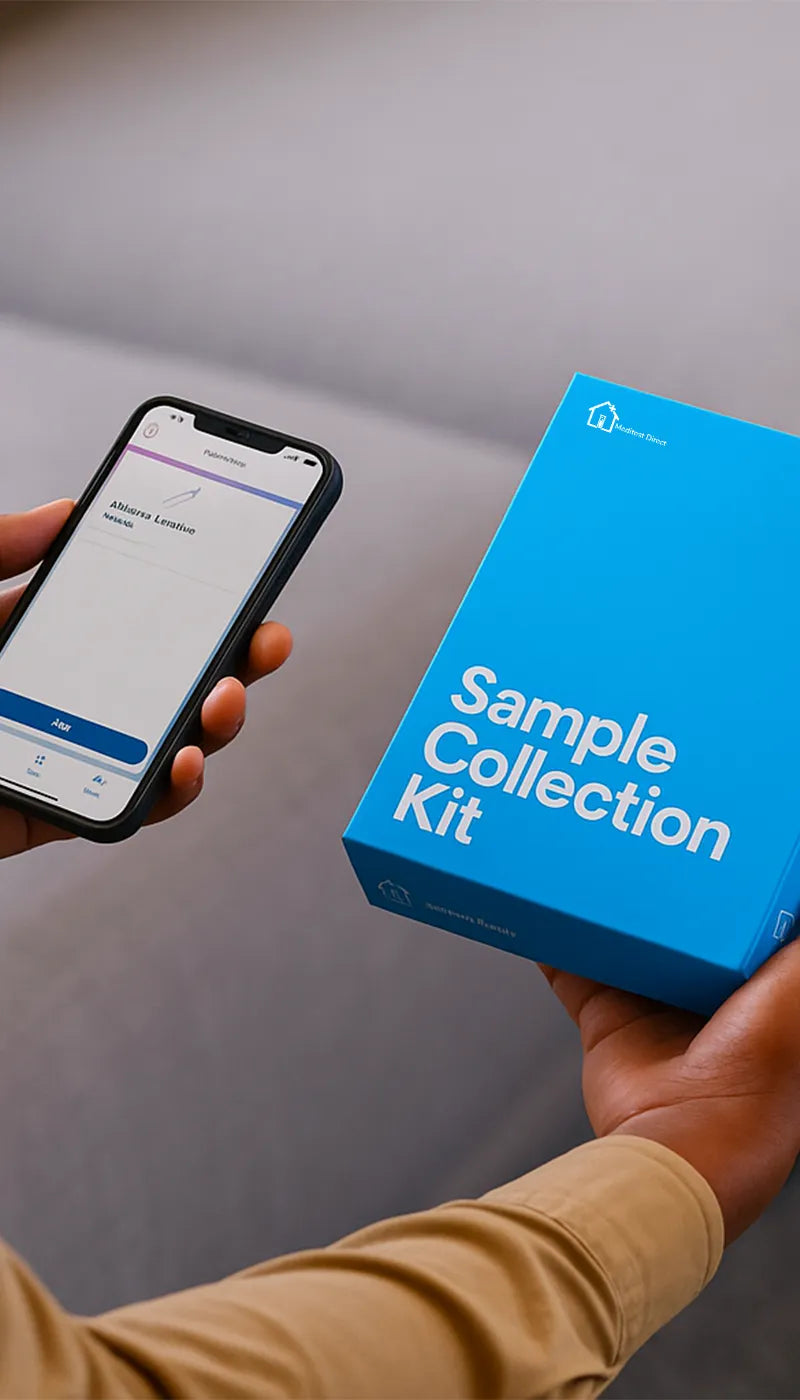This product is a home blood test kit designed to assess key reproductive hormones, oestradiol, progesterone, and prolactin. These hormones play vital roles in menstrual health, fertility, and overall hormonal balance. Imbalances can lead to symptoms such as irregular periods, mood changes, and fertility issues. This test provides insights into your hormonal health, helping you understand potential underlying causes.
Why choose this product
-
Measures oestradiol, progesterone, and prolactin levels to assess hormonal balance
-
Helps identify potential causes of menstrual irregularities and fertility concerns
-
Convenient home sampling with results processed by certified laboratories for accurate and reliable information
Important information
-
This product is for informational purposes only and is not intended to diagnose, treat, or prevent any medical conditions
-
Results should be reviewed with a qualified healthcare professional
-
All samples are analysed by UKAS‑accredited laboratories










